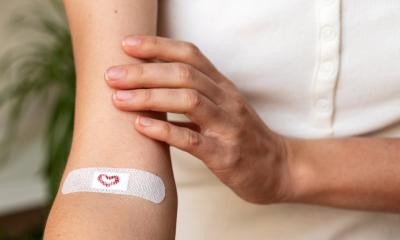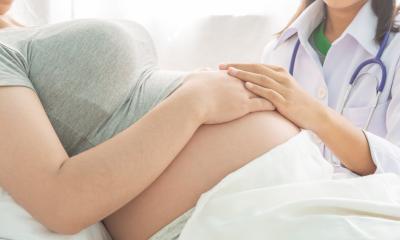Breast cancer
France
'Are government screening targets achievable?'
Launched in January 2004, France’s nationwide breast cancer screening programme aims to provide, by 2010, a mammogram every two years for at least 80% of women aged between 50 and 74. However, according to the latest figures from the health watchdog InVS (l’Institut de Veille Sanitaire) now 49.3% of the targeted population has been screened. While representing a significant achievement, and a steady increase over the past four years (33% in 2003, 40% in 2004, 45% in 2005 and 49% in 2006) it is still short of the figure required to have significant health benefit. Independent surveys have shown that, to reduce breast cancer mortality by 20-30%, at least 70% of the healthy population over 50 years of age needs to be screened.
The government believes strongly in this initiative and the possible reasons for low response have been carefully analysed. A qualitative survey carried out in eight different towns interviewed 70 women in the target group. Some women had never had mammography because they were scared; their attitude is fatalistic, it is better not to know because nothing can be done. This comes from their misconceptions of breast cancer and its treatment. A second group considered that state-organised screening is for `other people`, the masses, and of lesser quality because it’s free. This latter attitude explains why nearly 70% of women questioned say they have had a mammogram in the past year but the national screening programme averages less than 50%.
Marked differences are seen between regions. Each local authority is responsible for the implementation of the screening programme in their department. Brittany, a generally rural region, has over 60% uptake compared with Paris, which has the lowest at 26.8%. We made some enquiries in the Parisian area. In a handful of women (aged 65-70) we discovered an unawareness of the national screening programme and no information provided by GPs. Even if they had asked for a preventative mammogram this was given privately.
Doctor Michèle Vincenti, a regional director of the programme in Seine-Saint-Denis (NE Paris), explained that one problem in France is in the culture of the medical profession, which is reluctant to suggest organised screening as they feel, unwarrantedly, that they lose control of the patient’s care. In this department, which has been involved in pilot programmes since 1989, there is a highly structured campaign of communication with nearly 90% of registered radiologists involved in the programme. They are concentrating communication via women’s associations and health groups rather than the medical profession.
A cross-sectional questionnaire-based study carried out in seven departments in 2005 appears to add weight to Dr Vincenti’s claim. Of the women who underwent a private mammogram, 57% suggested that this alternative to the national screening programme was advised by their doctors.
In 2006 the National Cancer Institute (INCa) launched a nationwide, televised campaign emphasising the benefits of the screening programme, especially the high standards demanded by EU guidelines and the important double-reading of all mammograms. The Health Authority (CPAM) backed this up with a newsletter to all general practitioners (GPs) reminding them of the key role they play in influencing their patients’ choice. A spokesperson from the InVS said `uptake rates improved between 2005 and 2006 as more departments entered the national screening programme and we expect to see this trend continuing in the figures for 2007, but it is still too early to say when we will obtain the target.’
31.12.2007





